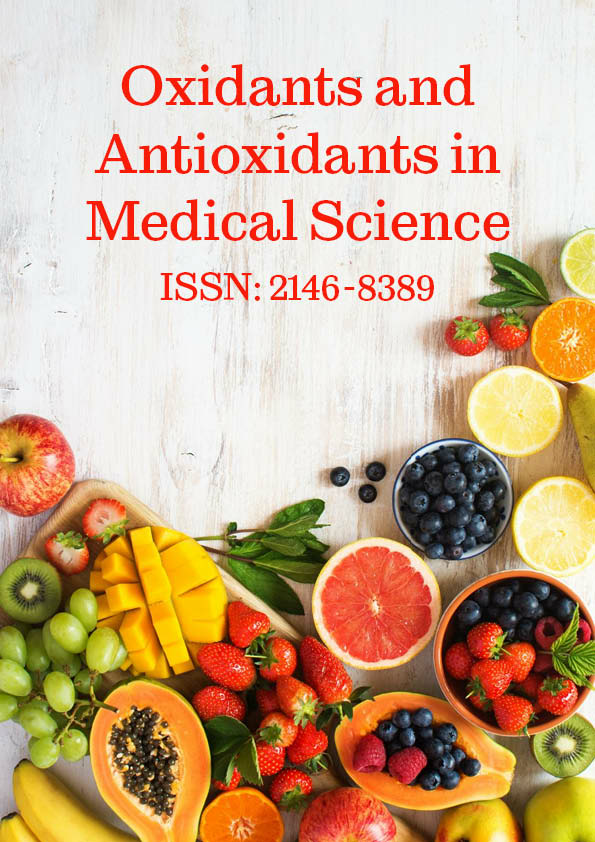Lipid peroxidation-inhibitory effects of perioperatively used drugs associated with their membrane interactions
Abstract
Hironori Tsuchiya
Objective: Oxidative/nitrative stress, an imbalance between oxidant production and antioxidant defense in the biological system, is induced not only by various diseases but also by anesthesia and surgical trauma. Since the choice of drugs is expected to reduce oxidative/nitrative stress in the perioperative period, the lipid peroxidation inhibition by different drugs associated with surgery was studied together with investigating one of their possible mechanisms. Methods: Lipid peroxidation-inhibitory effects were fluorometrically determined using the liposomes of diphenyl-1-pyrenylphosphine-incorporated lipid bilayers which were treated with 10-200 μM drugs and reference antioxidants, and then peroxidized with 20 μM peroxynitrite. Membrane interactions were evaluated by the drug- and antioxidant-induced changes in membrane fluidity which were determined by measuring the fluorescence polarization of 1,6- diphenyl-1,3,5-hexatriene-labeled biomimetic membranes after treating with drugs and antioxidants at 1-200 μM. Results: All of the tested drugs concentration-dependently inhibited peroxynitrite-induced lipid peroxidation as well as antioxidant α-tocopherol, quercetin and (–)-epigallocatechin-3-gallate. The inhibition at 10 μM was greatest in propofol, followed by guaiacol, thiopental, thymol, phenol, midazolam, diazepam, lidocaine, eugenol, procaine, bupivacaine, ropivacaine, sevoflurane, ketamine, mepivacaine and prilocaine. Antioxidant drugs including propofol, local anesthetics and phenol derivatives, and reference antioxidants interacted with biomimetic membranes consisting of phospholipids and cholesterol to modify the membrane fluidity, while their membrane-interacting potencies did not necessarily correlate to their lipid peroxidationinhibiting ones, suggesting that the interaction between drugs and membrane lipid bilayers, at least in part, underlies the lipid peroxidation inhibition. Conclusion: In addition to their inherent effects, propofol and other drugs to inhibit lipid peroxidation may be protective against perioperative oxidative/nitrative stress. The membrane interaction could be a guide for discovering novel antioxidant drugs.
PDF






